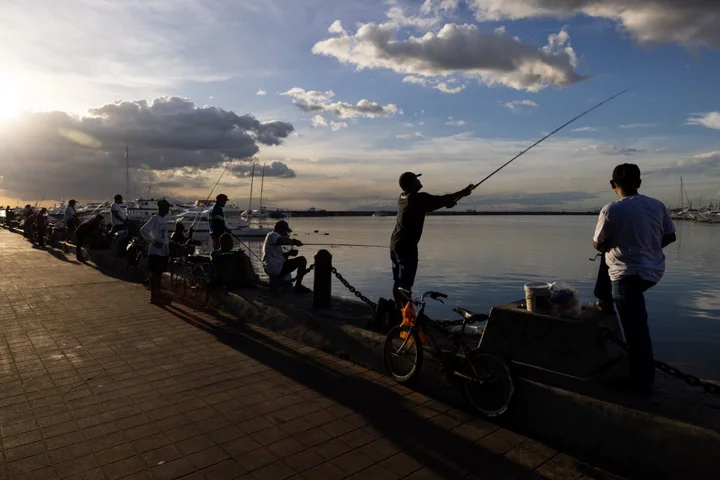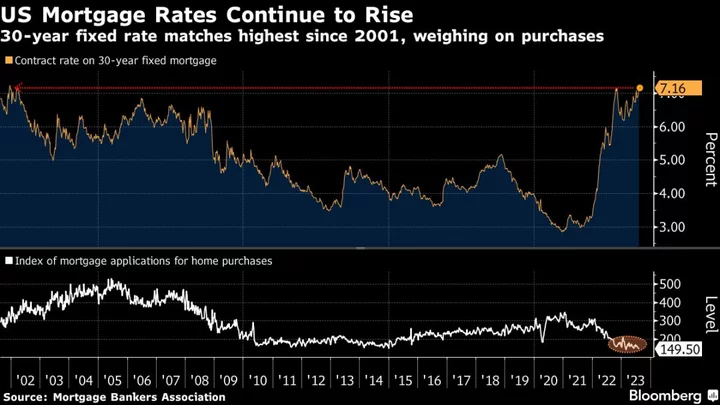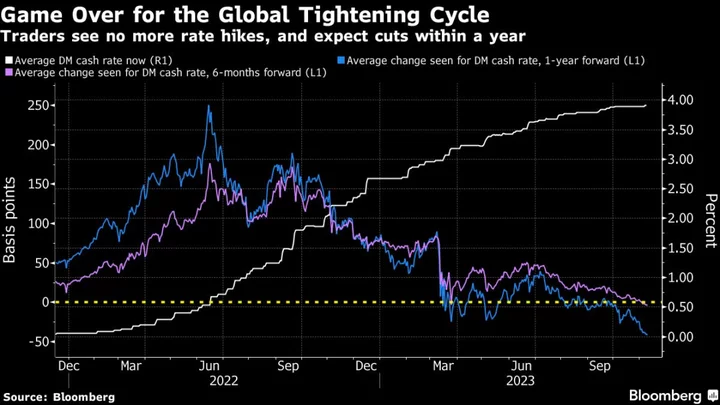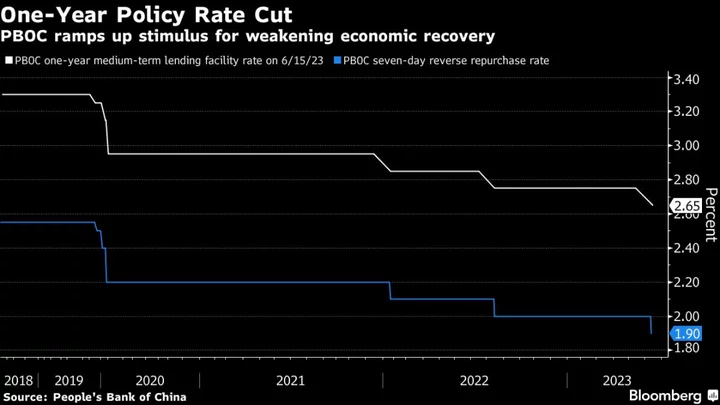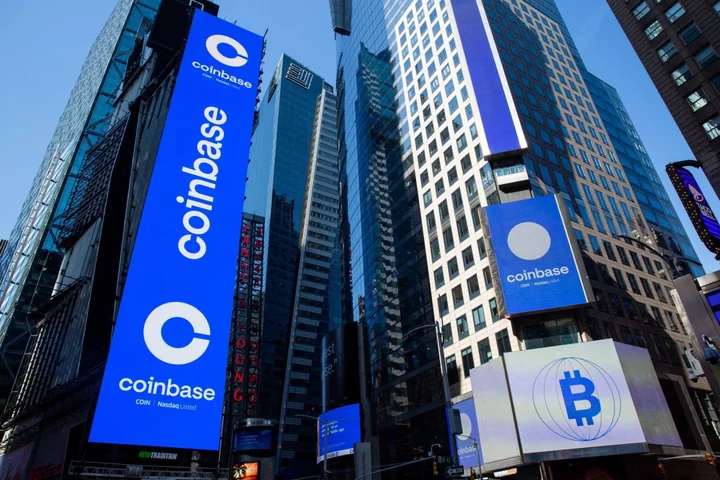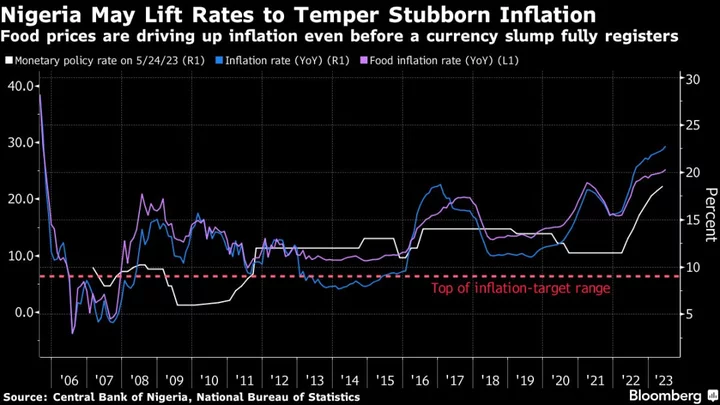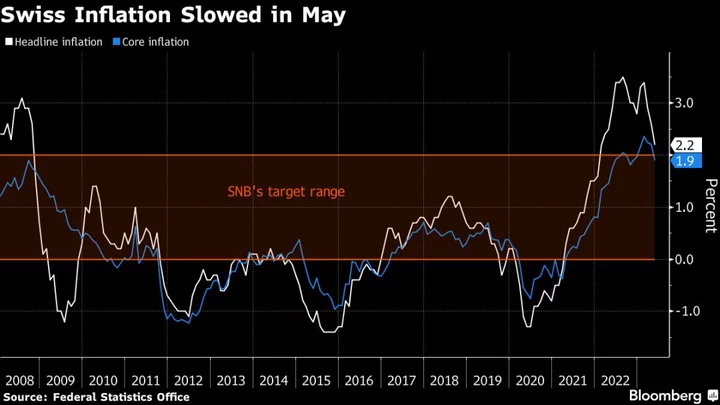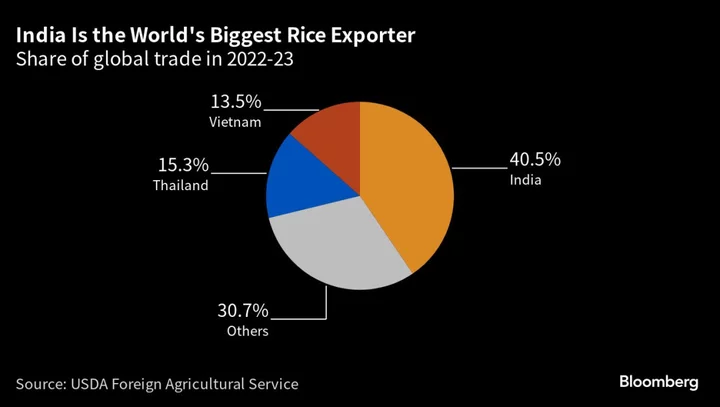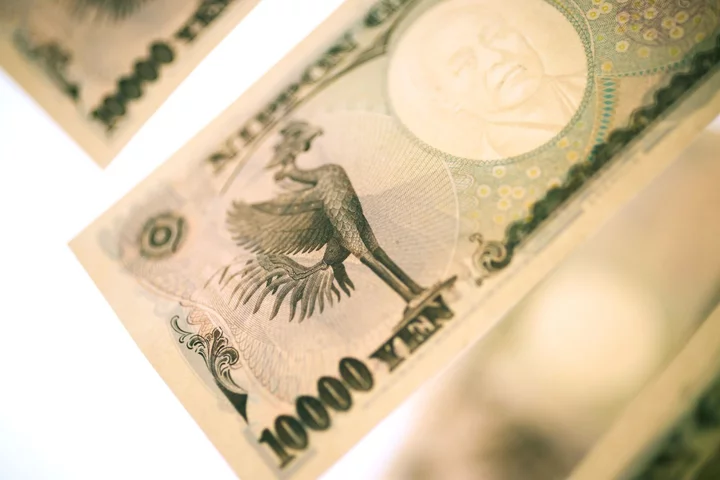The Philippine central bank is open to raising its key interest rate by 25 basis points after higher transport costs added to price pressures, as Governor Eli Remolona allayed concerns that further monetary policy tightening may hurt the economy.
“One thing we were worried about was transport fare hikes, and that has happened. So I wouldn’t say that we’re done with tightening,” Remolona said at a briefing in Manila on Wednesday. “I would say it’s a serious concern whether supply side shocks will have lasting impact.”
The Bangko Sentral ng Pilipinas chief’s comments come days after September data showed inflation accelerated to a four-month high at 6.1%, surpassing all economist estimates in a Bloomberg survey. It was driven by the fastest gain in rice prices in 14 years. Manila shortly after implemented a temporary increase in jeepney fares from Oct. 8.
Remolona said that while last month’s inflation print showed a “very significant spike,” easing core inflation is “encouraging.” The Israel-Hamas war’s impact on oil prices and the peso has so far been muted, said Remolona, adding that the central bank is watching further developments.
Even before the war broke, the central bank chief already signaled readiness to resume monetary tightening on or before the Nov. 16 meeting should transport and power costs rise. The BSP has held its policy rate steady at a 16-year high of 6.25% for the past four meetings.
Still, a hike isn’t a given as the governor has to contend with pushback from President Ferdinand Marcos Jr.’s economic managers, including from Finance Secretary Benjamin Diokno who sits in the BSP’s monetary board.
The central bank has done enough after 425 basis points of rate hikes, Diokno said on Friday. Just hours earlier, Economic Planning Secretary Arsenio Balisacan warned against the long-term impact of further rate increases after growth slowed in the second quarter.
Remolona said the BSP tries “not to affect growth prospects” in deciding monetary policy moves. “What we try to do is relieve pressure from the demand side that is leading to inflation,” he said.
He also said that Balisacan’s comments “are not that far apart” with the BSP’s views. “I think what (he) really meant was we shouldn’t go for very aggressive hikes,” Remolona said.
The governor said the central bank is also watching the elevated debt levels at Philippine companies, adding that “there’s some risk that some of them will not be able pay off their loans.”
“But so far, it’s very manageable. We are also making sure that should there be need for emergency liquidity by banks that we will be in a position to provide the emergency liquidity, although we don’t see any need (for that) at the moment,” he said.
Former BSP Governor Felipe Medalla said in June that the central bank was planning to require the nation’s largest business groups to disclose their foreign-debt levels due to concern their exposure may be bigger than currently estimated.
--With assistance from Ditas Lopez and Cecilia Yap.
(Adds quotes from central bank governor throughout.)

